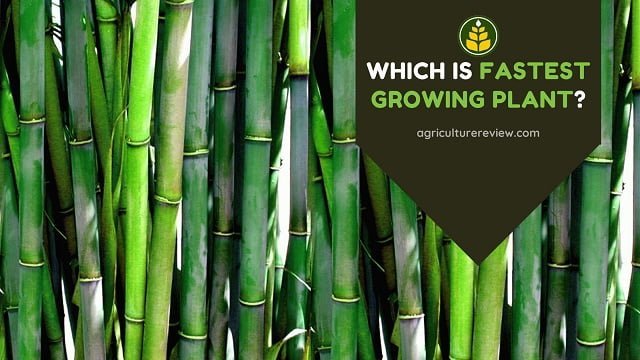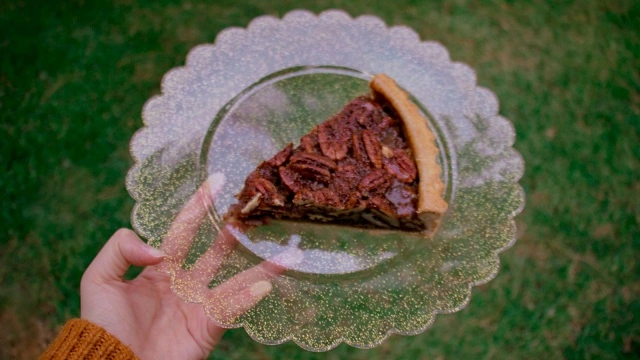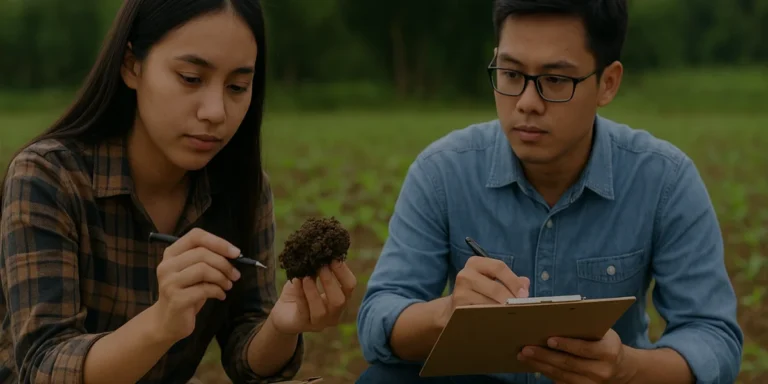We love listening to music, be it classical or Jazz, but, does classical music help plants grow? No one in this world knows who invented music, but one thing is sure, listening to music helps to lift our mood and make us feel confident. However, it is a matter of debate whether playing classical music around really helps them to grow or not, but let’s understand this science and some of the most prominent research conducted on the relationship between plants and music.
Experiments On Relationship Between Plants And Music
In 1962, an experiment with musical sounds on the growth time and rate of plants was conducted by the Head of the Botany Department at India’s Annamalai University. The results of the experiments showed that, music does have an impact on plants growth and development. Plants grew 20% faster in height and 72% in biomass than the average rate when music was played around them.
Dr. T.C. Singh, the chief scientist, further conducted new experiments to explore other possibilities. He chose different types of plants for his experiment and played specific music at different intensities. He concluded that increasing the sound of the music further accelerated the growth of the plants, this time plants grew around 60 to 65% faster than normal. It was further noted that marigolds bloomed two weeks earlier than the expected blooming season.
Likewise, to explore the effects of music on seeds, a Canadian engineer Eugene Canby inspired by Dr. T.C. Singh’s results, experimented on wheat seeds and the effects of music on the seeds. He observed that when J.S. violin sonata was played around wheat seeds, there was around a 66% increase in overall yield.
Reda Hassanien of China Agricultural University in Beijing has also researched the effects of sound waves on sweet pepper, tomato, cucumber, spinach, cotton, rice, and wheat. They found out that it increased their yield more than the average, moreover playing music also helped to reduce pests such as aphids, spider mites, etc.
Sir Jagadish Chandra Bose, an Indian plant physiologist and physicist who discovered life in plants also expressed in his research “Response in the Living and Non-Living,” published in 1902, and “The Nervous Mechanism of Plants,” published in 1926 that plants are sensitive to touch, care and sounds.
Does classical music help plants grow?

When researchers tried to experiment with various types of music, they found out that plants responded negatively to rock music, and showed no effects on country music but had a positive response to classical and jazz music. At present, baroque music is in use to enhance the ripening process of grapes in the DeMorgenzon wine estate in Stellenbosch, South Africa.
Farmers of the DeMorgenzon wine estate observed that playing music not only helps to enhance the ripening process but also somehow improves soil health by promoting the growth of beneficial fungi and microbes in the soil.
However, people also question that to hear sound plants do not have ears like animals, then how do they respond to the music? Well, plants can not hear sound but they can feel vibrations. Sound travels in the form of waves in the air or water and it causes our eardrum to vibrate with different frequencies, the brain on receiving signals interprets the meaning of those sounds.
But in plants, the protoplasm of plant cells receives these vibrations and intrepretates its energy. However, the actual mechanism of how plants respond to various sound frequencies is still a topic of debate. That’s why many researchers or scientists still do not agree on a single term on the effects of music on the growth of plants.
It will be interesting to see when a conclusion is made among the scientific community on this topic but you as a plant enthusiast can test this in real in your laboratory. Take 3 plant specimens of marigold seedlings or any plant of your choice, and provide an equal amount of water, fertilizers, sunlight, etc. to your plants. Play music of your choice with different intensities around two plants and do not play music around the third plant.
Note the difference between their growth, plant size, leaf size, flowering time, size and total number of flowers. You can also take a large sample size for your experiment. Make sure to record your experience. Whatever observations you notice, you can share with us and we will publish your results to inspire others to play classical music around their plants to boost growth.
If you have any queries, ideas or suggestions, then please comment below. You can also connect with Agriculture Review on Facebook, Instagram, Koo and WhatsApp Messenger.





